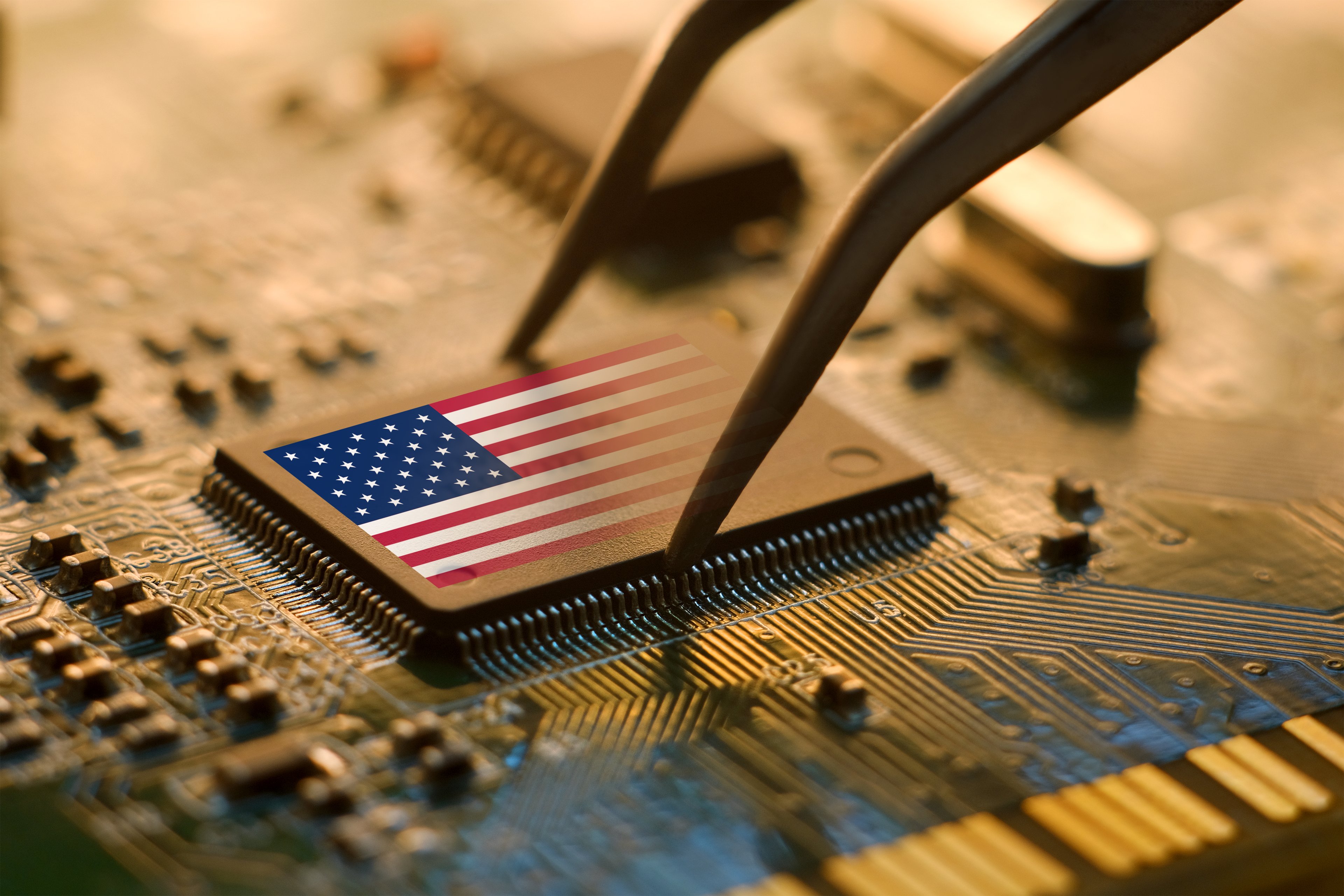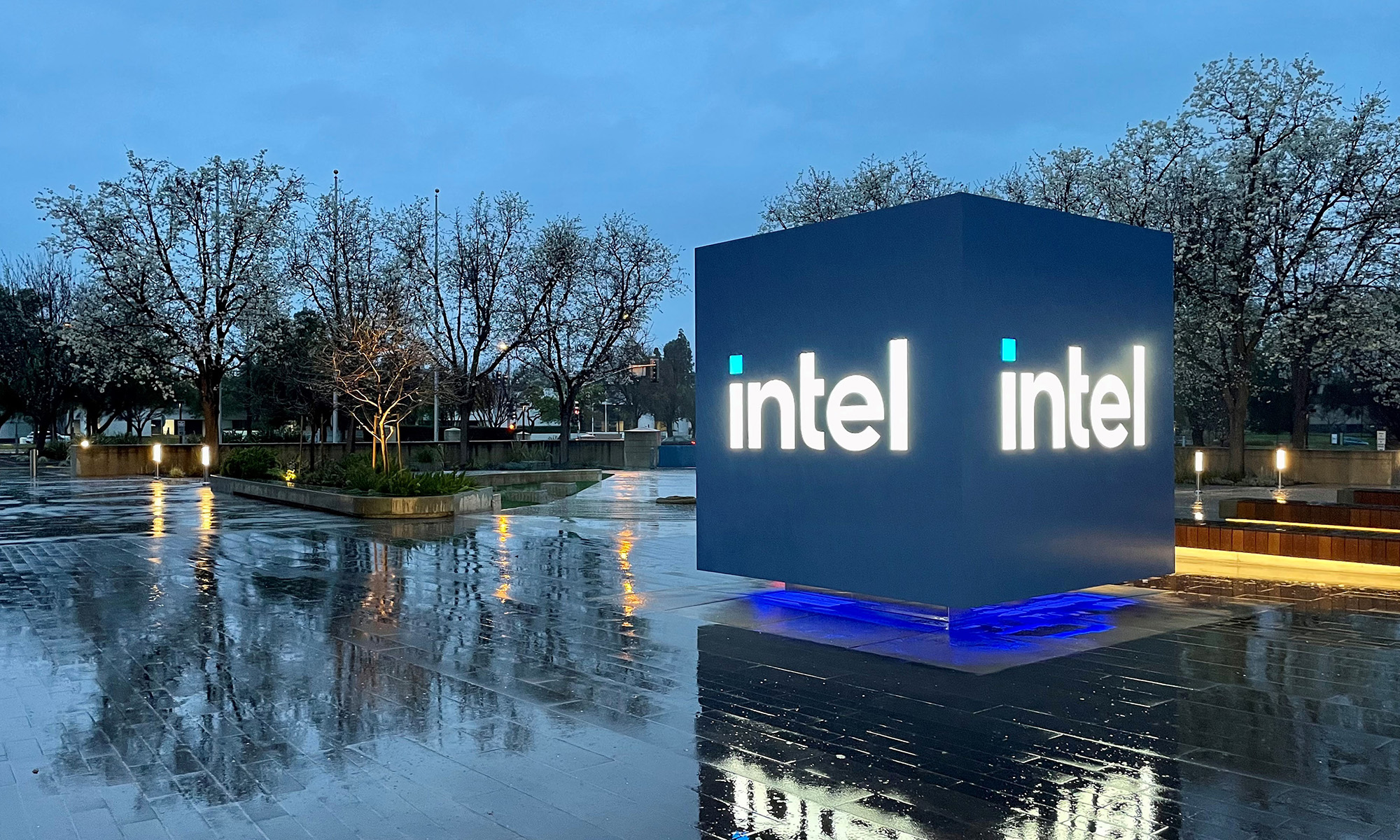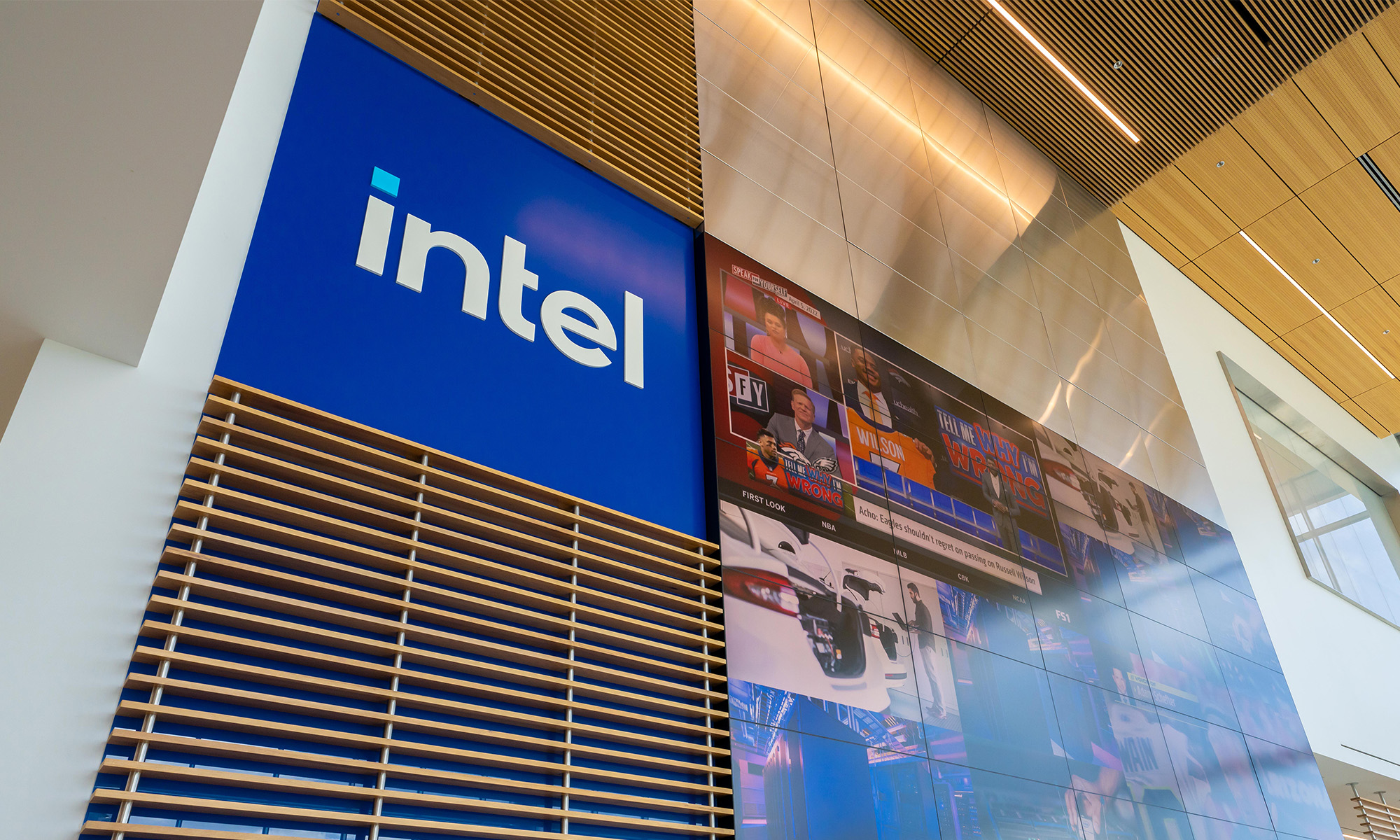Based on the reactions of analysts since Intel's (INTC 3.86%) Nov. 19 news release, the impending retirement of well-respected CEO Paul Otellini wasn't on their radar. Intel stock opened down 3.5% Nov. 20, so it's safe to say investors weren't expecting the news, either. Despite Otellini's solid record the past eight years -- the company has consistently grown revenues, developed innovative technologies, and made several strategic decisions to enter burgeoning markets -- Intel stock has consistently underperformed.
What took most everyone by surprise wasn't that Otellini announced his retirement; that was coming in the not-too-distant future. The shock is that Otellini did so two years ahead of Intel's in-house mandatory retirement age of 65, a milestone the (nearly) 40-year Intel vet doesn't reach until 2015.
In the words of Otellini
"I've been privileged to lead one of the world's greatest companies," said Otellini. "After almost four decades with the company and eight years as CEO, it's time to move on and transfer Intel's helm to a new generation of leadership. I look forward to working with Andy, the board and the management team during the six-month transition period, and to being available as an advisor to management after retiring as CEO."
Intel's press release goes on to announce that three senior leaders received promotions. The head of Intel's software business, Renee James, along with COO Brian Krzanich, and CFO Stacy Smith, were all made EVPs. Perhaps a precursor to one of the three becoming Intel CEO in May of 2013?
Analysts are not amused
Otellini's rather lengthy transition period, and the allusion to acting as an advisor after his retirement, did little to appease analysts. UBS, for example, wasted little time in downgrading Intel from buy to neutral and lowering its price target to $21.50 a share.
Concerns regarding Intel's rather slow transition beyond the PC market, including mobile and cloud computing technologies, were already pressuring share prices. Now, with Otellini on the way out, Intel is trading at 52-week lows and those concerns aren't likely to change in the immediate future.
So, where does that leave Intel?
The immediate impact of longtime partner Microsoft's release of the Windows 8 OS will be muted, according to Smith. But a host of new touchscreen ultrabooks, along with Intel smartphone chips hitting the marketplace right on schedule, bode well heading into 2013. The news that Intel and Qualcomm, one of the leading mobile chip makers in the industry, may team up to invest $378 million in Sharp is indicative of Intel's focus on mobile computing.
Challenges existed even before the surprising news from Otellini. But don't forget, Intel grew its data center group revenues to $2.7 billion in Q3, a 6% improvement year over year. That, along with the $1.2 billion in sales in mobile computing solutions -- also up 6% from the previous quarter -- demonstrates that Intel's transition beyond the dying PC processor market is already under way. Otellini or no Otellini, Intel's 4.6% dividend yield, and the current sell-off, make it an even better long-term opportunity.






